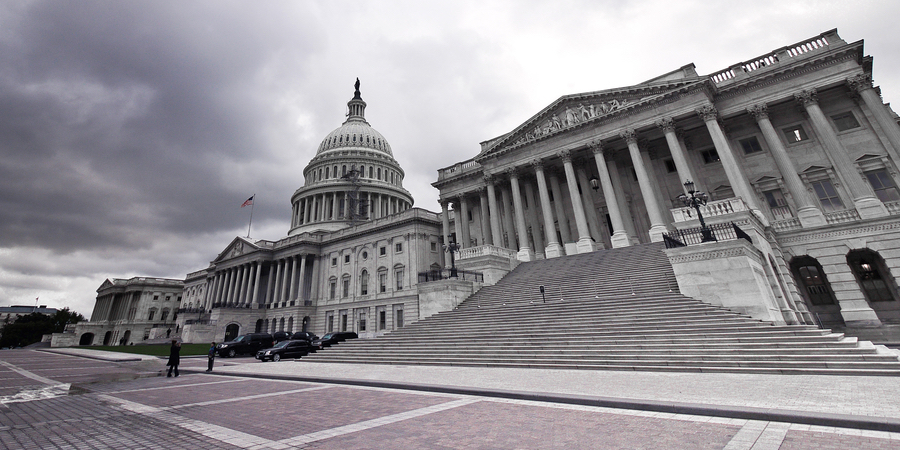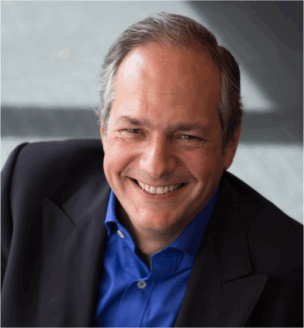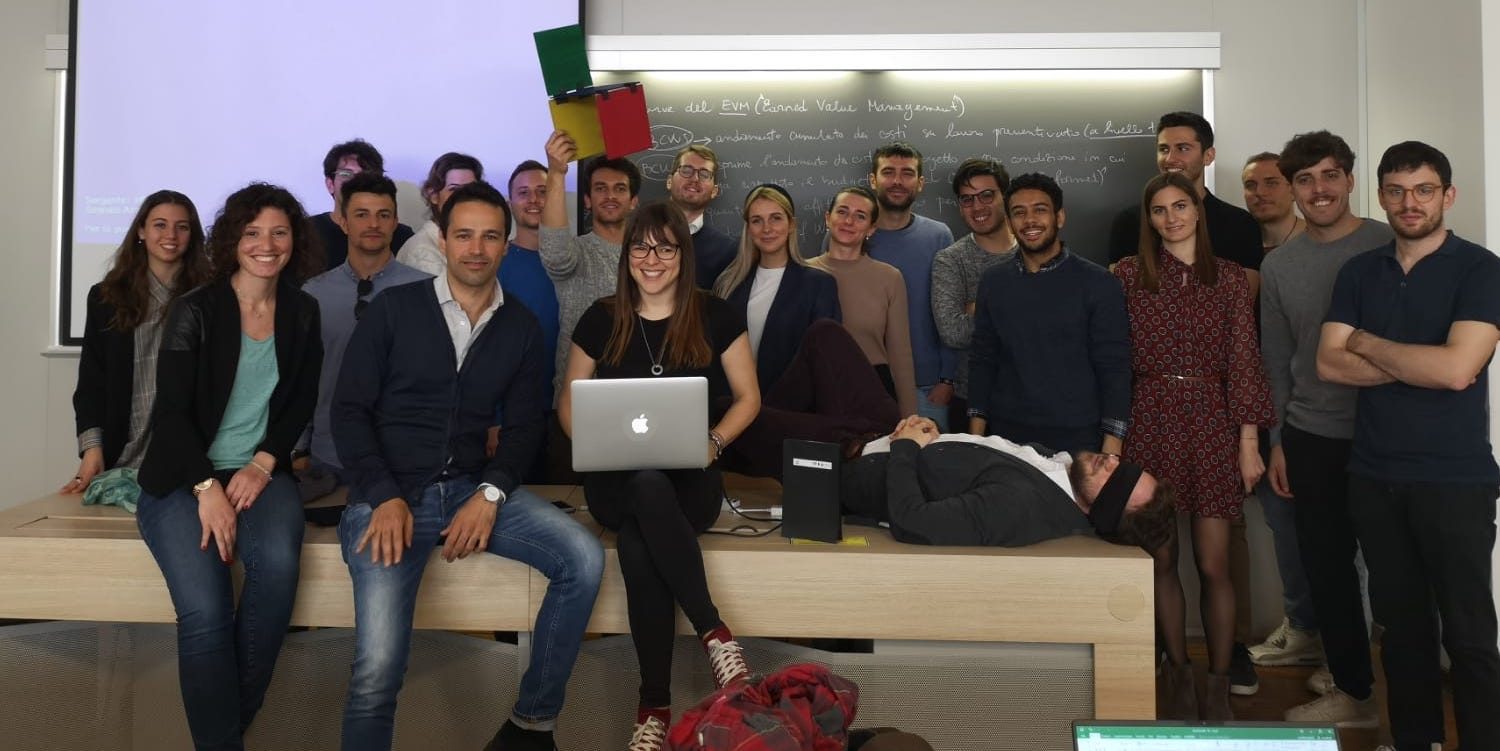
A lean view on... politics
INTERVIEW – In another interview in our series that looks at global events from a lean perspective, we discuss politics, the challenges to democracy and the phenomenon of populism.
Interviewee: Michael Ballé, lean author, executive coach and co-founder of Institut Lean France
Interviewer: Roberto Priolo, Managing Editor, Planet Lean
Roberto Priolo: Bismarck called politics “the art of the possible”, saying it is about what you can get done. I, for one, think politics are both idealistic and pragmatic. What about Lean Thinking?
Michael Ballé: The Toyota origins of Lean Thinking are very specific: the aim is to benefit society through monozukuri – a passion for making things well. To figure out what does benefit society, we aim to do four large things:
- we strive to never lose a customer (one time customer, lifelong customer) by adapting to their needs;
- we stick to what they want, with just-in-time (sell one, make one);
- we respond to the challenges of the time (such as environmental footprint or globalized markets);
- we achieve all three through developing people (hitozukuri).
It is a political project in the noble sense of politics: figuring out where to go and how to get there for the common good and bringing everybody on board – not in the sense of bickering between parties in power. Since no one has a crystal ball, the underside of politics will show as well: who wants to do what, who creates a power base to carry their convictions forward and what pressure they can apply on others in order to have it their way. For instance, Toyota’s history can be seen as a long – unresolved – struggle between the business guys (make money from volume and hurting the competition by pushing every advantage) and the lean guys (work every day to improve customer satisfaction by making the work easier for operators). Sometimes, these two approaches converge, while other times they are in violent opposition.
In that sense, lean does have a political program in terms of aims, which are to solve all customers problems in ways that benefit society (as opposed to focusing narrowly on profitable customers to make money) and in terms of governance, which is to establish Total Quality Management (as in the voluntary participation of everyone to quality and quality improvement) as the main management method.
RP: If there is one think recent events like the storming of the Capitol in Washington DC have showed me is that democracy is more fragile than we think. Lean can be, too. Do the parallelisms end there or do lean and democracy have more in common?
I’m not sure we can conclude that democracy is fragile – it’s been going on long enough – nor that Lean Thinking is – once you get it, you don’t ever go back. What we can indeed see is that democracies are vulnerable to mafias. Precisely because democracies aim to protect individual freedoms and interests, they are reticent to intrusive controls, which time and again is exploited by mafias and cults who can then stage strong-arming, blackmailing, heists and so on. The storming of the Capitol was spectacular, tragic for the loss of life, but (contrary to what the protesters thought) hardly a revolution, more of a natural ending to the mandate of a presidency who built his entire following on the promise of fighting the system (the “deep state”) at every opportunity.
This is a very interesting question, and we need to look at it deeply. Government, essentially, is about making rules and then building the operational structures to implement them. Democratic government differs from autocratic regimes because these rules are proposed by elected officials and have to be amended in order to be voted in. One of the drawbacks of this system is rule inflation, as no rule can be wiped out, but new rules correct previous rules, creating a mammoth, complex, often choking system. Reformists want to amend the rules to make them work better for the common good as they see it. Revolutionaries want to a clean slate to make rules anew, and so consider that existing rules don’t apply to them – as we’ve seen repeatedly with the Trump movement.
Lean takes another approach altogether. We don’t look at rules, but at standards: what we need to know to do the job well. Furthermore, people are encouraged to break these standards with better ways of doing things – the “logic escape” Taiichi Ohno sought with kaizen. Whereas rules dictate what you can and can’t do, Lean Thinking looks at what you need to know to maintain the job as it is, what you need to know to improve the job, and what you need to know for breakthrough innovation.
Obviously, we can’t look at knowledge without considering motivation. You can force someone to do or not do something with a rule, but you can’t force them to learn or to apply things they know if they don’t want to. You can decree that everyone should wear a mask and fine those who don’t, but don’t be surprised if they resist. Alternatively, you can share the knowledge about why masks are necessary and motivate people to wear them. These two approaches couldn’t be more different.
Democracy has elected representatives who vote on laws, to be implemented on the people by officials. Lean Thinking has management directives that require knowledge and motivation to be adopted by workers – we’re looking at two very different beasts. You can see lean as “democratic” because of its focus on teamwork and listening to people, but I suspect these two imperatives come from the need to figure out the right problems and get people motivated to learn, not from a particular sense of representativeness.
RP: Still, as utopian as it might sound, I think it’s tempting to see lean as a democratic system: people at the front line are given a voice, servant leadership is there to help them, and the outcomes are good for everyone involved. What do you think?
MB: I don’t think lean is democratic or undemocratic. The point is that lean is focused on competence, not compliance. If we promote enough people who know their stuff and are good at working with others, these issues disappear. Listening to people and getting to better work together is simply smart – we see the same at Apple, Google or Amazon. Having someone to have the final say and choose to go right or left in operational situations is smart as well.
I guess a different question is whether lean thinkers should be pro-democracy or against it (or indifferent). It’s a very interesting question, to which I don’t have any clear answer. Toyota, for instance, has a strong commitment to working well with its neighbors within the country’s legal and cultural framework, but I have no idea how they deal with undemocratic regimes.
Another question, in the light of recent events, might be whether it’s fair to claim to both support Lean Thinking and anti-democratic movements. Because Toyota’s statement of respect for the law of the country, for others (from customers to employees) and for the natural environment makes so much sense, I personally see a strong contradiction in claiming to follow the lean way and then supporting criminals and crooks who completely ignore due process and the law of the land, even if you think they’re doing some things right – but that’s just my point of view. One thing that recent political events have revealed is how much people are willing and able to bend their values and ideals to support what they think should be done. It’s a puzzle.
RP: You and I recently discussed the role of social media in boosting populism around the world. What do you make of this phenomenon and how can we look at it from a lean perspective?
MB: One thing I really appreciate about Lean Thinking is its focus on challenges. I believe we’re facing an unprecedented challenge with social media, which is undermining the spirit of the enlightenment in a way we’ve not had to consider so far. Social media is challenging our core beliefs in facts, empirical truths and rational thinking.
First of all, you can avoid listening to scientists for facts, as you’ll find some group somewhere supporting whatever you want to believe is true – disconfirmation of wrong ideas is out of the window. Secondly, empirical truth is no longer self-evident because if you take what you see on the Internet as empirical evidence, you’ll be swamped by all sorts of information with no way to sift the real from the fake. Thirdly, social media is a wonderful liberator of self-expression. Everyone has a voice, everyone has an opinion. The downside is that we can now consider our opinions valid simply because they’re our opinions and expect others should respect them. That’s plain crazy. Opinions are the starting point of reasoned debate so that they inch towards what we collectively understand to be the truth – or at least they used to be.
What’s even scarier is that these aspects of social media have been ruthlessly exploited by the enemies of democracy, whose long history of propaganda has turned into masters of understanding our weaknesses. Our strength lies in our institutions, our weakness lies in our trust in institutions, which are rarely perfect, screw up regularly, and are often a pain in the neck from an individual point of view. Our traditional enemies have been very canny in using social media blind spots to encourage distrust of our institutions and bolster anti-establishment populist movements – all with the aim of establishing regimes they can better deal with than democracies. We all want to make others in our image.
Yes, we’re facing a fantastic challenge. Be it as it may, our performance rests on our scientific mindset and scientific prowess – once we undermine that, we also lose in effectiveness right away, as we’ve been seeing for the past two decades. Our environmental challenges can’t be solved by rules and politics; they require us to use rational behavior and achieve scientific breakthroughs. How we’re going to keep the scientific spirit alive in the world of social media, I don’t know – but that is indeed a very clear challenge. Having identified the problem, we can hopefully use our collective lean thinking to help resolve it.
RP: The pandemic and more recently the vaccination campaigns countries are trying to launch are showing an evident lack of preparation in the political class of most countries. What does this tell us about the future of the nation state at a time when big corporations seem more powerful than ever? Where does lean fit into the picture?
MB: The purpose of governments is to discover, protect and enable the common good. Corporations are designed to exploit the resources they own or control for profit. Governments need corporations to deliver products, services and jobs and want them to pay taxes (fees for using local infrastructures) and abide by their laws. Governments are also easily corruptible by corporations, particularly since corporations managed to somehow pull off the coup of persuading people that “enterprise” does things better than “government.” For instance, in healthcare, private clinics take all the simple, standardizable jobs which they charge expensively to people who can pay, leaving public hospitals with all the complex, multi-pathology cases that can’t afford the care.
Historically, farming off government responsibilities to private contractors has rarely ended well, but there’s so much money to be made on both parts that it’s hard to resist. As long as businesses were local, they had an incentive to keep local government working as well – after all, they used its infrastructure for affluent customers, educated workers, logistics, legal frameworks and so on. Now that corporations operate globally, their incentives to respect local institutions are much smaller, as we’ve seen with the debate on GAFA (Google, Amazon, Facebook, Apple) and how much tax they are paying.
Systematic contracting to corporations is encouraging a vicious cycle that is further weakening governments’ own expertise – as we have clearly seen with the supply chain debacles in the fight against the Covid-19 pandemic – and reducing the responsibilities governments feel they can take. Corporations feel no other responsibility than running the business as well as they can, and since they work short term and globally, the global impoverishment of populations doesn’t touch them as long as rich clients remain somewhere.
I don’t see how it can be done, but I do believe teaching Lean Thinking to government officials is matter of great urgency. I am convinced that a modicum of lean would have made a huge difference in, say, the ongoing struggle of the French government in how it is approaching the pandemic – from masks to tests and vaccinations. Indeed, the few government agencies that do use Lean Thinking have visibly better results, as their leaders have a better grasp of ground operations, people motivation and simple logistics.
We usually think of lean as a better way to run a business, but I am convinced that its true potential (real “people-development lean”, not consultants’ “cost-cutting lean”) is in hospitals, utilities, schools and all the other public services that corporations won’t want to touch because there is no profit to made (other than by further exploiting people).
RP: Another dynamic that’s appeared in the past year in many countries is a tendency of regional and local governments to take the lead (not always leading to great results) in the fight against the pandemic – what does lean tell us about decentralized leadership?
Here again, we need to distinguish compliance leadership from knowledge leadership. Centralized/decentralized mostly concerns who gets the authority to make rules. In knowledge terms, the question is who has the most relevant. In lean, leadership is built on the principle of the helicopter – going to the gemba, then taking the big picture. The same applies for knowledge: going to the gemba to speak to the people on the ground, then talking to the top experts. If we can, we need to send the top experts to the ground to see what they can teach people there and what they can learn from field conditions.
In lean, what is centralized and what is decentralized will always be in flux – there is no set answer. A different question is where the knowledge is and how each locality can become more autonomous in its own knowledge and learning. It makes no more sense to delegate authority to people who don’t know what they’re doing locally than to put decisions in the hands of central leaders who don’t understand what is going on either. In the early days of the pandemic, in Italy, Lombardy and Veneto dealt with the epidemic very differently, with radically different outcomes (just like Asia is doing much better than Europe or the US).
Structures are what they are, and they’re sticky and so hard to change. Let’s look at where the power is, where the knowledge is, and how leaders and experts converge or diverge. At the end of the day, I don’t think formal structures matter as much as who’s in the job and what their attitude towards gemba, knowledge and teamwork is. Rather than looking at power leadership, let’s figure out how we’re doing on knowledge leadership.
THE INTERVIEWEE

Read more


FEATURE – What does it really mean to teach lean? The author reflects on this question and shares a few tips on how to successfully engage learners in different environments.


RESEARCH – This insightful paper explains how the Irish government is encouraging organizations to adopt lean thinking to improve their competitiveness with the Lean Business Offer.



CASE STUDY - This article reports on the efforts that Erasmus Medical Center in the Netherlands has made to apply Theory of Constraints to patients' length of stay.


FEATURE – In this compelling read, the author discusses lean thinking as a system for learning that challenges our assumptions and tells us why blindly applying “best practices” takes us nowhere.

